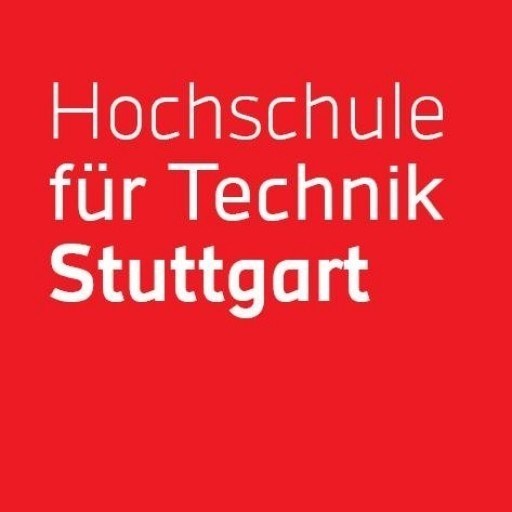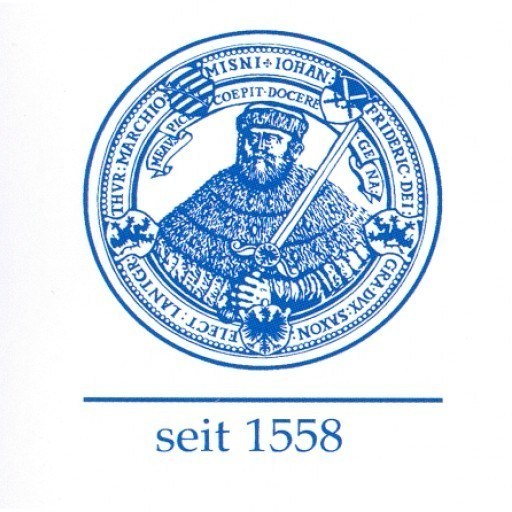Photos of university / #hft_stuttgart
Photogrammetry and Geoinformatics is a cutting-edge master's degree program offered by the Hochschule für Technik Stuttgart – University of Applied Sciences. Designed for students interested in the cutting-edge technologies of spatial data acquisition, processing, analysis, and visualization, this program provides comprehensive education in the fields of photogrammetry, remote sensing, GIS, and geospatial information systems. The curriculum combines theoretical foundations with practical applications, ensuring graduates are well-prepared for careers in urban planning, environmental monitoring, disaster management, transportation, and precision agriculture.
Throughout the program, students gain in-depth knowledge of aerial and terrestrial photogrammetry, satellite imagery analysis, laser scanning, and unmanned aerial vehicle (UAV) technologies. They learn how to develop and implement geospatial data collection workflows, utilize advanced software for data processing and interpretation, and create accurate 3D models and maps. Emphasis is placed on integrating geospatial data with other information systems, developing spatial data infrastructures, and using open-source and commercial GIS platforms.
The program also explores the legal, ethical, and societal aspects of geoinformatics, preparing students for responsible handling of spatial data. Practical labs, project work, internships, and collaboration with industry partners provide real-world experience, fostering skills in project management, teamwork, and communication. Students are encouraged to work on innovative solutions addressing contemporary challenges such as climate change, urbanization, and sustainable development.
Graduates of the Photogrammetry and Geoinformatics program will be equipped with the technical expertise, analytical skills, and practical experience necessary to succeed in a diverse range of careers in academia, industry, or public service. The program ultimately aims to develop highly qualified professionals capable of advancing geospatial technologies and contributing to sustainable development goals. With its blend of theoretical knowledge, practical training, and industry engagement, this master's program offers a solid foundation for a successful career in the dynamic field of geoinformatics.
Educational organisation
The complete course comprises two intensive semesters of lectures and exercises. Each semester is structured into four different modules, including the domain topics as well as soft skills for instance presentation techniques and project management.Optional tutorials are offered to support students who have different background knowledge.
At the end of each semester there are two weeks of exams. Between the first and the second semesters, there are two two-week intensive training practices in GIS and Photogrammetry. The third semester includes a ninth module, a full-time research project aimed at the elaboration of a Master's thesis accompanied by a research seminar.
Additionally, an optional online preparation course will be offered for admitted students to refresh some of the fundamentals needed for the study programme.
Study abroad unit(s)
A mandatory period of study abroad is not required, although optional exchanges with partner universities are possible. In addition, the Master's thesis can be completed in cooperation with a partner institution in another country.Internships
Due to the tight schedule, no internships are integrated. However, there is the possibility of extending your stay in Germany for an additional internship after finishing the Master's course.Forms of assessment
Each of the nine modules will be assessed by a written exam. In addition, assessments include various project work and a number of seminars.Course objectives
The students of the course obtain a scientific and practically-oriented education and training in the fields of photogrammetry, remote sensing and geoinformation science. An important objective is the transfer of up-to-date techniques to practise under different technological conditions.The MSc course is designed especially for future decision-makers and senior engineers of information and land management projects, national authorities for mapping, photogrammetry, land consolidation, cadastre, forestry, agriculture, rural and urban planning, or environmental monitoring.
Language requirements
Applicants must provide proof of their English skills. TOEFL (550 points or internet-based test 79 points), IELTS (band 6.0), or equivalentAcademic requirements
Degree (equivalent to a BSc) in Civil Engineering, Geodesy, Geography, Agriculture, Forestry, or a corresponding degree of another profession related to geodataTwo years of competent professional experience is recommended.
A good mathematical background and good computer skills are required.
Enrolment fees
Enrolment fees amount to 177.50 EUR each semester (subject to change).Costs of living
The cost of living is estimated at 650 EUR (minimum) per month, including accommodation in a student hall of residence.Job opportunities
A small number of jobs for students with specific backgrounds are offered by the university, including the possibility of participating in one of the research projects of the faculty.Funding opportunities within the university
The Study Foundation of the University of Applied Sciences Stuttgart supports students with scholarships depending on their individual situation.http://www.hft-stuttgart.de/Studierendenfoerderung/
Arrival support
The International Student Office (ISO) of the university will assist new students. Student buddies will pick you up upon your arrival at the airport and take care of you the first days of your stay in Stuttgart.Services and support for international students
The ISO will be available as contact for any problems during your stay. In addition, the Academic Office of the university offers a special social and cultural programme for all foreign students, including weekend sightseeing trips to famous places in the south of Germany such as Heidelberg, Lake Constance, and the Black Forest just to mention a few.Additional German language courses are also offered by the university.
Accommodation
Student accommodation is offered by the administration of the 12 Stuttgart universities. About 6,500 furnished rooms are available, the monthly rent depends on their level of furnishing. All rooms have high speed, low cost internet access. Using public transport with a cheap student ticket, a student can reach the university area in a few minutes.As it is difficult to find private furnished apartments in Stuttgart, we advise you not to bring your family.








